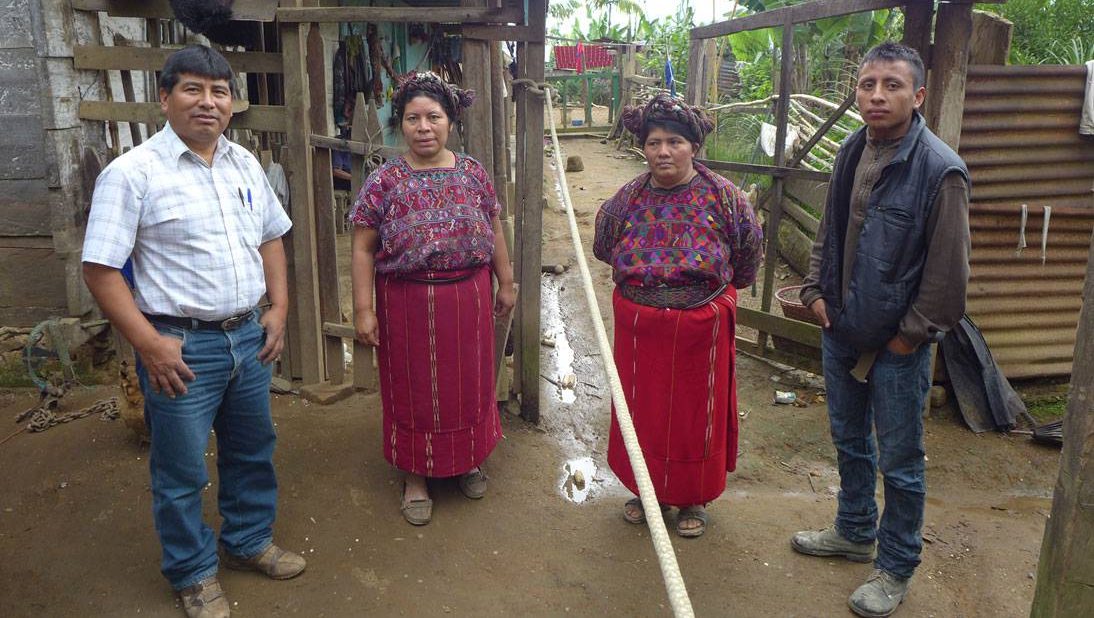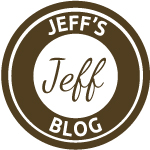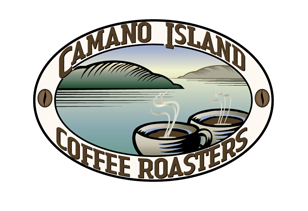
Why Relief Isn’t Enough
Most relief work may be providing food to starving children in the Sub-Saharan, or medicine and shelter to families after a natural disaster, but what happens next? Is it enough to simply give a band-aid and call it good?
Absolutely not.
We go through an ineffectual cycle. Disaster strikes, we rush to the poor’s help, then once they can survive, we leave. But then disaster strikes again and we start this cycle all over again. What if the poor could do more than survive after the emergency subsidy leaves? What if they could thrive?
The Power of Rehabilitation
With the power of rehabilitation, the poor can learn to thrive. It’s been said the poor are invisible. Whether that’s the homeless vet begging for some change at the next intersection or the single mother in rural Guatemala struggling to provide.
Thriving can only be gained when the poor become visible. When we recognize them as human — when we include them as part of the team instead of a burden to “take care of.” What I mean by this is giving them a chance to bring value. And, more than that, teaching them they have value. Teaching them they can do something to provide for themselves, their family, and the poor around them. Rehabilitation gives hope. It plants the seed of hope that makes a person say, “I don’t want to be here anymore, I can do something different.”
When our partners, Agros, come to a village they provide workshops for villagers to begin their path to sustainability. They provide the tools and techniques to cultivate a coffee crop, education on banking loans, and how to prevent coffee tree diseases. Hope is more than just a feeling, it’s transformational change.
Development
Once the poor have hope and educational resources, they start the work of building a future. This is development. Too often development never begins. Instead we bail the poor out. We give them handouts to feel good about ourselves. This destroys the poor.
The poor need independence. The poor need the joy of working for themselves — to build their own future. They need the pride of ownership. They needs to be given the opportunity to build for themselves.
By giving a single mother this opportunity we are not abandoning her. We come alongside her, and admire her work. We purchase her goods. We help her get to market. But in all of this, the poor is the main builder of development. She builds her own future. She no longer needs a handout.
Development becomes generational. Not only does a coffee farmer now have pride in his own work, he has the lessons and the hope learned in rehabilitation to pass down to his children. He saves his profits. He sends his kids to school. And, now his children come back as teachers, doctors, or agronomists.
This wouldn’t be possible without you.
Thanks to coffee drinkers like you families can receive not only relief and rehabilitation but also build development for themselves. Thanks to the power of your prosumerism we can bring the poor’s products to market. They are no longer poor thanks to you. What a joy to be a part of this cycle of sustainability. Do more than relief.

Thanks,
Jeff
P.S. If you have not joined us, go ahead and pick a free pound of coffee on the house and join the Coffee Lover’s Club to be a part of the cycle of sustainability.
